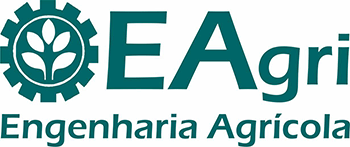ABSTRACT
Safflower stands out among oilseeds due to its oil quality and crop resilience in dry and cold regions. However, there have been limited studies on its water requirements. This study aimed to assess water stress indices and determine phenological stages with the highest water demands during safflower cultivation. The experiment was conducted in two phases: one in a greenhouse and another in the field. Treatments involved different irrigation timings during the stages of crop development. The variables analyzed included plant height, stem diameter, fresh and dry aboveground biomass, number of capitula, and number and weight of seeds. The results showed that safflower cultivation benefited from irrigation during its vegetative stage, in conjunction with irrigation during the reproductive and/or grain formation stage. It exhibited susceptibility to water deficit when irrigated only during the vegetative stage. Safflower can be cultivated in various climatic regions of Brazil and become an economically important species due to its adaptability, production, and potential.
Carthamus tinctorius L; yield components; agrarian scenario; irrigation; water demand

 Thumbnail
Thumbnail
 Thumbnail
Thumbnail
 Source:
Source:  Source: The autor, 2022.
Source: The autor, 2022.